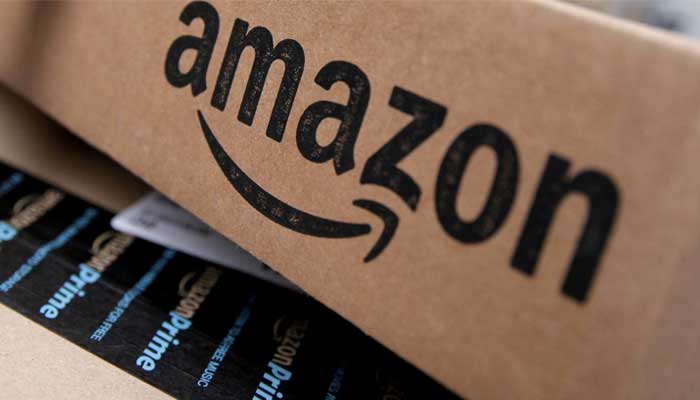
Amazon's easy and free return policies are a plus point for customers but hold a huge risk factor for small businesses.
On the world's biggest e-commerce platform, returns have pushed some sellers to the edge, prompting them to exit the site.
The major problem is the rise in returns fraud, which has led to customers mistakenly receiving used products when they ordered something new.
In 2024, almost 14% of all US retail returns were fraudulent, as a report from the National Retail Federation suggested that returns cost retailers $890 billion last year.
To tackle the issue, Amazon started charging sellers in its fulfilment (FBA) a new fee in June 2024 for items with high return rates.
However, the new fee has contributed to the higher prices, as a survey by e-commerce analysis company SmartScout found that 65% of sellers have raised prices directly due to Amazon fee changes.
The Amazon returns also have a severe environmental impact as it contributes to landfill waste and carbon emissions.
Amazon has faced criticism for destroying unused products, however, the platform has claimed that they are working towards zero product disposal.
The company has begun offering programmes to reduce waste, such as, reselling returns, recycling, and donations.
Notably, Amazon also provides customer options to purchase used items to reduce the overall waste.








